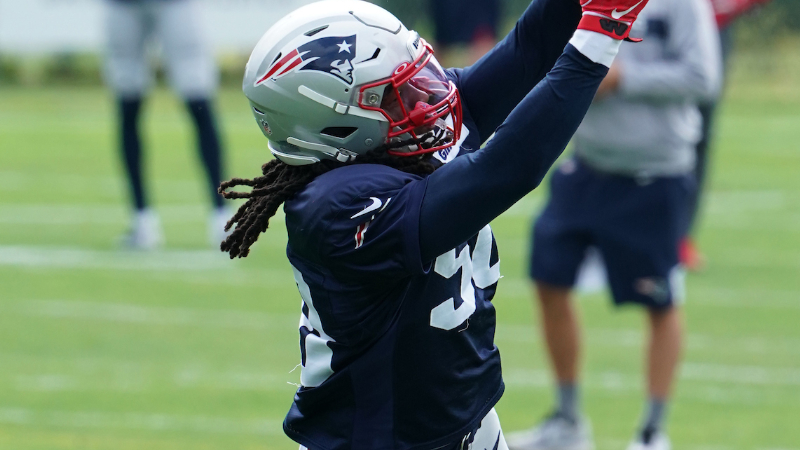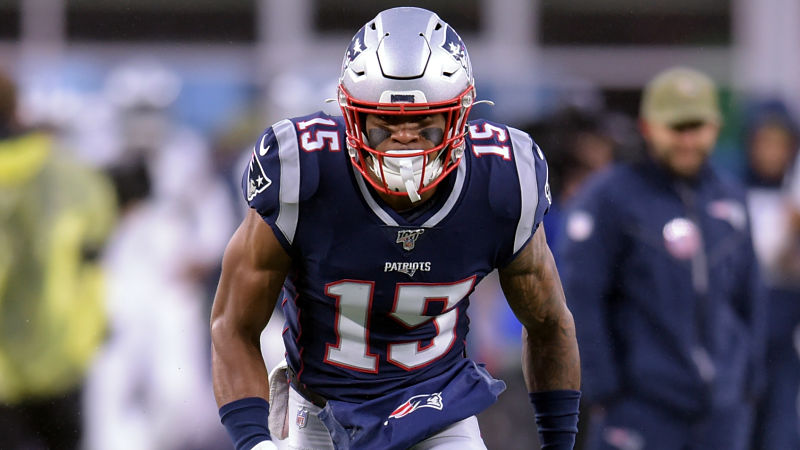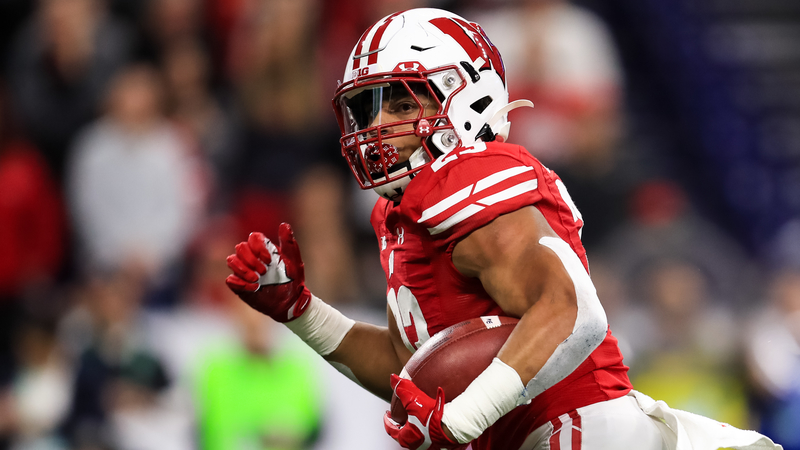The New England Patriots’ offense hasn’t provided many nits to pick of late.
Tom Brady is playing at an MVP level, Dion Lewis is spearheading a resurgent running game, and the Patriots even have remedied some of the red-zone issues that plagued them earlier in the season. New England ranks third in the NFL in scoring, has racked up 33 or more points in each of the last three weeks and won all three of those games by an average of 22.6 points per. All good things.
But while there isn’t any reason to worry about the Patriots’ offensive production, there are a few minor areas in which the team could improve.
One of those is the screen game. For whatever reason, despite the fact they boast three talented pass-catching backs and several quick, shifty receivers, the Patriots haven’t been able to generate much yardage on screen passes this season.
In Sunday’s 35-17 win over the Miami Dolphins, for example, New England ran five screens. The results of those plays were a 1-yard pass to Lewis, a pass to wide receiver Brandin Cooks that lost 2 yards, a 2-yard pass to tight end Dwayne Allen, a 2-yard pass to running back Rex Burkhead and a short gain by Lewis on which Cooks was called for both offensive pass interference and a block in the back.
Five plays, 3 yards, two penalties.
Speaking on a conference call Monday morning, Patriots coach Bill Belichick lamented his team’s lack of success on screens.
“Any plays you aren’t making yards on, it’s hard to get excited about those,” Belichick said. “Our screen game hasn’t been as productive as we need it to be. We need to, obviously, coach it better and execute it better. We’re not getting enough out of it. It’s disappointing.”
Screen plays typically require greater timing and coordination than downfield passes do. If the offensive linemen involved don’t release their blocks at the proper time or fail to pick up their assigned defender, the play can fall apart immediately. Ditto for if the running back or receiver isn’t in the exact right spot at the exact right time to receive the pass.
Plus, unlike conventional passing plays, quarterbacks typically only have one option on screens. If he’s not open with room to run, the play doesn’t work.
On Allen’s reception, for instance, Karras missed his block on safety Reshad Jones, spoiling what could have been a sizeable gain.
If Ted Karras got this block on the Reshad Jones (boxed in red), then Dwayne Allen could have had a monster gain. pic.twitter.com/AsAK1vnJFf
— Rich Hill (@PP_Rich_Hill) November 28, 2017
On the pass to Cooks, quarterback Tom Brady faced pressure off the edge from Charles Harris and had to get the ball out early, forcing Cooks to dive back for it, resulting in an easy tackle.
“We’ve run a lot of different types of screens,” Belichick said. “Receivers, backs, tight ends, quick screens, slower screens. We’re just not doing a good job. I’ve got to do a better job of coaching them, and we’ve got to do a better job of executing them. It’s as simple as that.”
Asked whether there’s a benefit to running screen plays even if they aren’t successful, Belichick responded: “Based on what we’re gaining on them, (the other team) should be happy every time we run one.”
Patriots offensive coordinator Josh McDaniels, who is in charge of play-calling, gave a more detailed answer to that same question, explaining that the threat of a screen pass keeps pass rushers on their toes and can temper a defense’s aggressiveness. McDaniels agreed, however, that the plays would be far more valuable if the team was executing them properly.
“Obviously, we’d like to improve our production in that area of our offense,” he said. “We’ve always taken a lot of pride in executing screens well and doing it properly and trying to gain some chunk yardage in those plays. As of late, we haven’t done as well as we would like, and we’re certainly going to work hard to try to improve that.”




